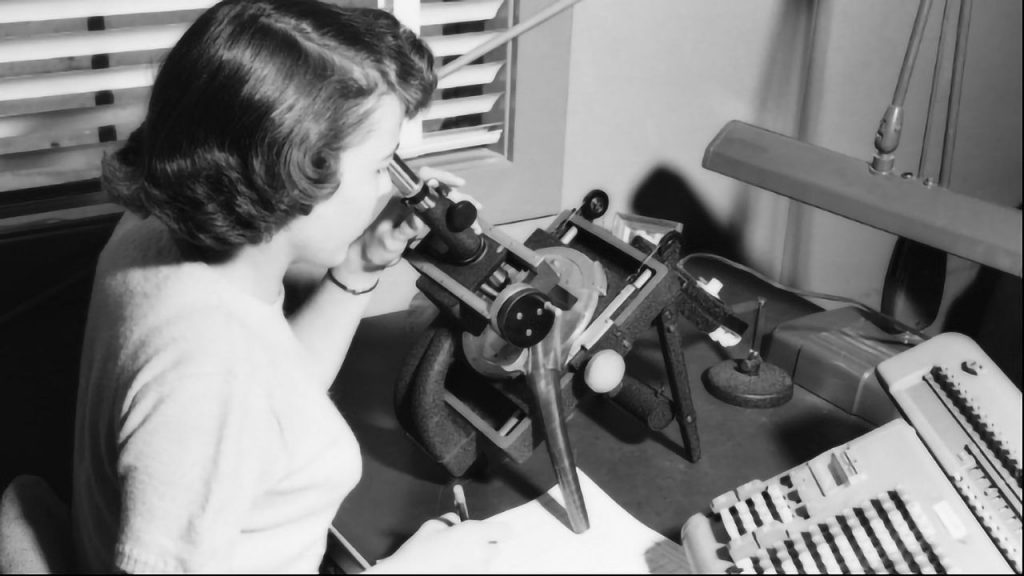Researchers say female scientists are less likely than men to receive credit for their work
Female scientists frequently fail to get proper credit for their research, a large study has concluded. A team of economists said the barriers Rosalind Franklin faced in the 1950s during her pivotal research into the structure of DNA still persisted.
Women were 13 per cent less likely, on average, to be named as authors on scientific papers to which they contributed, compared with men who spent the same periods in the laboratory.
On patents that emerged from research, women were 58 per cent less likely to be named than men who had made comparable contributions.

When James Watson, and Francis Crick disclosed the structure of DNA in 1953, they failed to mention how they had relied on images from Franklin’s lab. Lane and her colleagues suggest that Franklin deserved to be listed as a co-author on the paper in which the men first described the DNA double helix, an achievement that earned them a Nobel Prize.
“This is the first time it has been possible to document gaps in the attribution of credit between men and women in science,” Professor Julia Lane of New York University, a co-author of the study, said. “While there has been anecdotal evidence — the most well-known being the failure by Crick and Watson to credit Rosalind Franklin for her seminal contributions to the discovery of the structure of DNA — this is the first large-scale study.”
The new study, published in Nature, drew on administrative data from universities to shed light on the amount of work done by 120,000 modern scientists. This was cross-referenced with the papers that emerged.
At every level, women in science were less likely to get credit, though they spent the same time at work as the men.



1 comment
Reading your article helped me a lot, but I still had some doubts at the time, could I ask you for advice? Thanks.